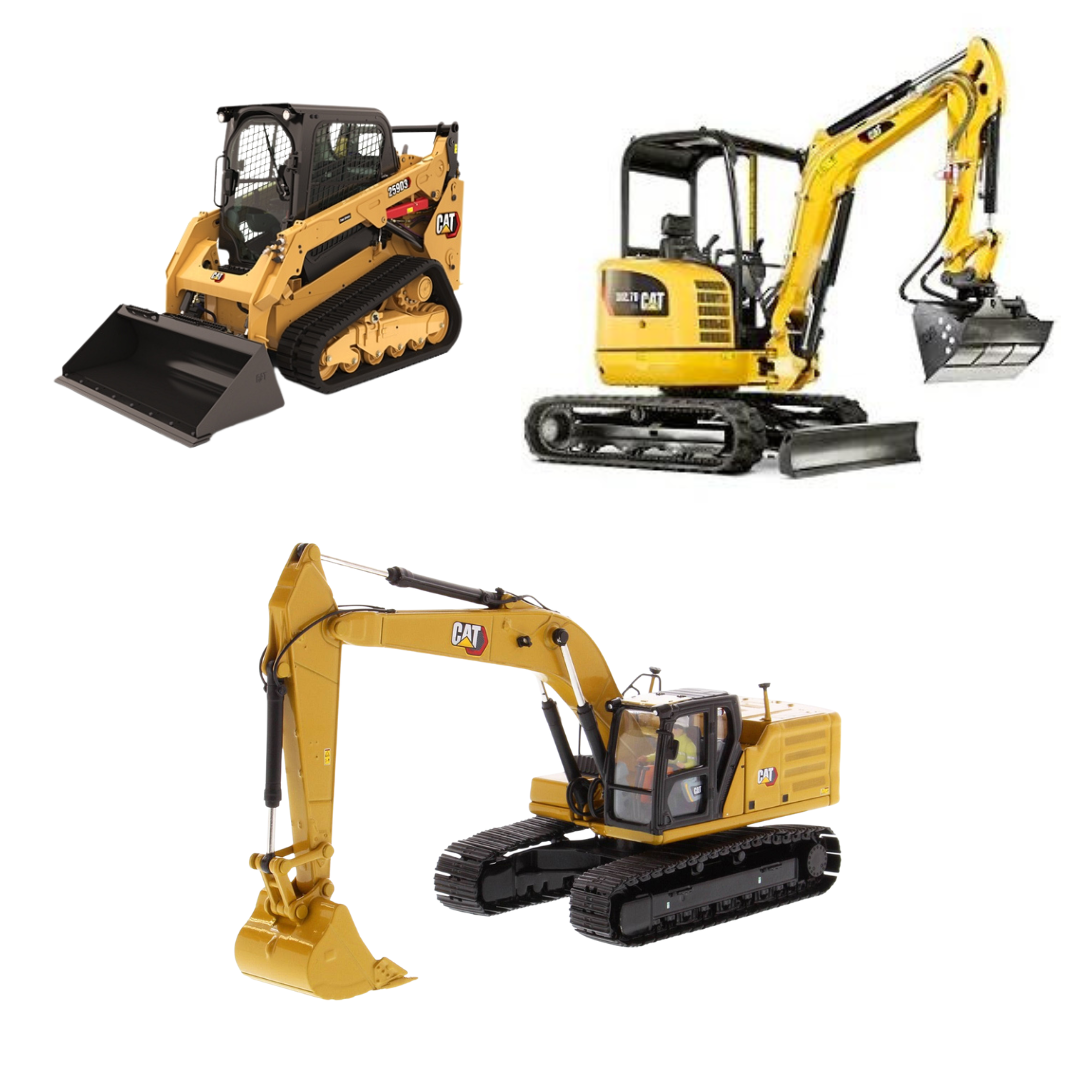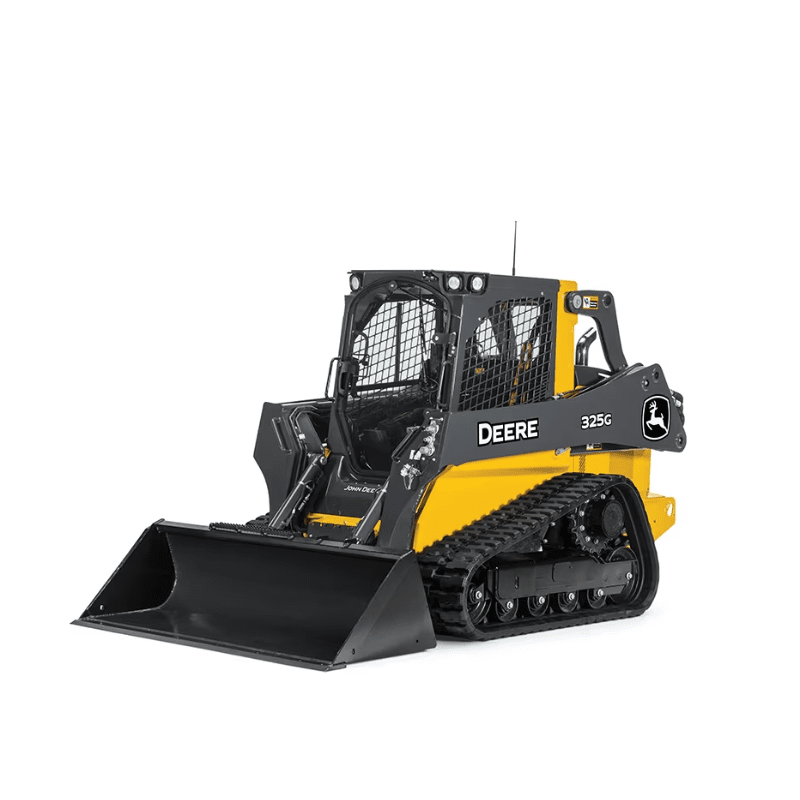Dozer Rental: Powerful Earthmoving Tools for Your Construction Requirements
Dozer Rental: Powerful Earthmoving Tools for Your Construction Requirements
Blog Article
Optimize Your Budget by Understanding the Expenses Associated With Building And Construction Devices Rentals
Understanding the complete range of expenses connected with building and construction equipment services is critical for optimizing your spending plan. What strategies can be employed to efficiently take care of these costs and make sure a much more efficient rental experience?
Introduction of Rental Prices
When thinking about building and construction tools rentals, recognizing the linked prices is paramount for efficient budgeting and project planning. Rental prices can vary dramatically based on a number of aspects, including devices kind, period of rental, and area. The initial rental fee often reflects the devices's market need and its associated functional capabilities, affecting the overall cost.
Along with the base rental price, supplementary costs may occur, such as transport fees, gas surcharges, and upkeep fees. It is important to account for these extra expenditures to accurately analyze the complete price of leasing devices. The rental period can influence pricing; longer services might qualify for reduced rates, while short-term rentals may incur higher day-to-day costs.

Failure of Rental Rates
An extensive understanding of rental rates is crucial for specialists and project managers aiming to maximize their budget plans. Rental prices for construction devices usually are composed of several elements, including base rates, time-based fees, and usage costs.
Base prices are the core charges connected with the leasing of the devices, often determined by the kind and dimension of the machinery. These rates can vary substantially, affected by variables such as devices demand, accessibility, and regional market patterns. Time-based charges, which may be daily, weekly, or monthly, offer to fit different job timelines and rental periods.
Furthermore, rental prices may consist of usage fees, which apply when devices is made use of beyond a specified limit, ensuring that the rental firm can account for deterioration. Seasonal need changes can additionally affect rental rates, with peak building seasons usually commanding higher costs.
Furthermore, recognizing the rental business's plans regarding upkeep and insurance coverage can supply additional understanding into the total price framework. By analyzing these elements, specialists can make informed choices, making sure the choice of rental tools aligns with both job requirements and budget constraints.
Extra Costs to Consider
Comprehending the ins and outs of additional fees is crucial for service providers to manage their overall rental expenditures effectively. Beyond the basic rental prices, numerous supplemental costs can dramatically affect the complete expense of tools leasing. These charges commonly consist of distribution and pick-up fees, which can differ based upon range and logistics associated with transporting the tools to and from the job website.
In addition, some rental companies might enforce gas additional charges if the news equipment is returned with much less gas than when leased. It is likewise important to recognize possible cleaning charges, particularly for specialized equipment that requires comprehensive upkeep after usage.

Completely reviewing the rental contract and clearing up these added find out costs upfront can assist contractors stay clear of unanticipated costs and make sure that spending plans continue to be intact throughout the task lifecycle.
Upkeep and Fixing Costs
Normal repair and maintenance costs are often forgotten factors that can considerably affect the total cost of construction tools services. When renting equipment, it is important to take into consideration not only the rental charges but also the possible costs linked with keeping the machinery in optimal operating problem.
Numerous rental firms consist of fundamental maintenance as component of the rental contract; nonetheless, more unanticipated break downs or comprehensive repair services can result in extra costs. It's necessary to review the rental agreement carefully to comprehend what maintenance services are covered and what obligations fall on the tenant.
In addition, tools that is not properly maintained can bring about inefficiencies at work website, potentially creating hold-ups and boosting task prices. To reduce these risks, it is recommended to conduct regular examinations and preserve open interaction with the rental supplier pertaining to any kind of issues that arise throughout usage.
Insurance Coverage and Responsibility Costs
Insurance and obligation costs are crucial elements that can dramatically influence the total cost of construction equipment leasings (rental company near me). These costs make sure that both the rental company and the client are protected from potential economic losses occurring from mishaps, damages, or theft throughout the rental period

In addition, customers ought to know any type of deductibles or exemptions in the insurance coverage, as these can impact possible additional reading out-of-pocket expenditures. Understanding the conditions of any kind of insurance policy coverage is essential to avoid unforeseen prices. Eventually, budgeting for insurance and obligation expenditures can help guarantee a smoother rental experience and shield against economic threats connected with construction jobs.
Verdict
In conclusion, an extensive understanding of the costs associated with building and construction equipment rentals is important for efficient spending plan management. Ultimately, informed decision-making pertaining to devices services adds to the overall success of building ventures.
Rental prices can differ significantly based on a number of aspects, consisting of equipment kind, duration of service, and location (aerial lift rental). The rental period can affect prices; longer services might qualify for discounted prices, while short-term rentals could incur higher day-to-day costs
By performing detailed study and involving with reputable rental business, specialists can efficiently browse the intricacies of rental prices, ultimately maximizing their economic resources.
Beyond the common rental rates, different auxiliary charges can dramatically affect the total price of devices rental. Rental firms usually offer obligation insurance coverage that covers injuries to third events or damages to building, while tools damages insurance policy can cover the price of repair services or substitute if the rented devices is harmed.
Report this page